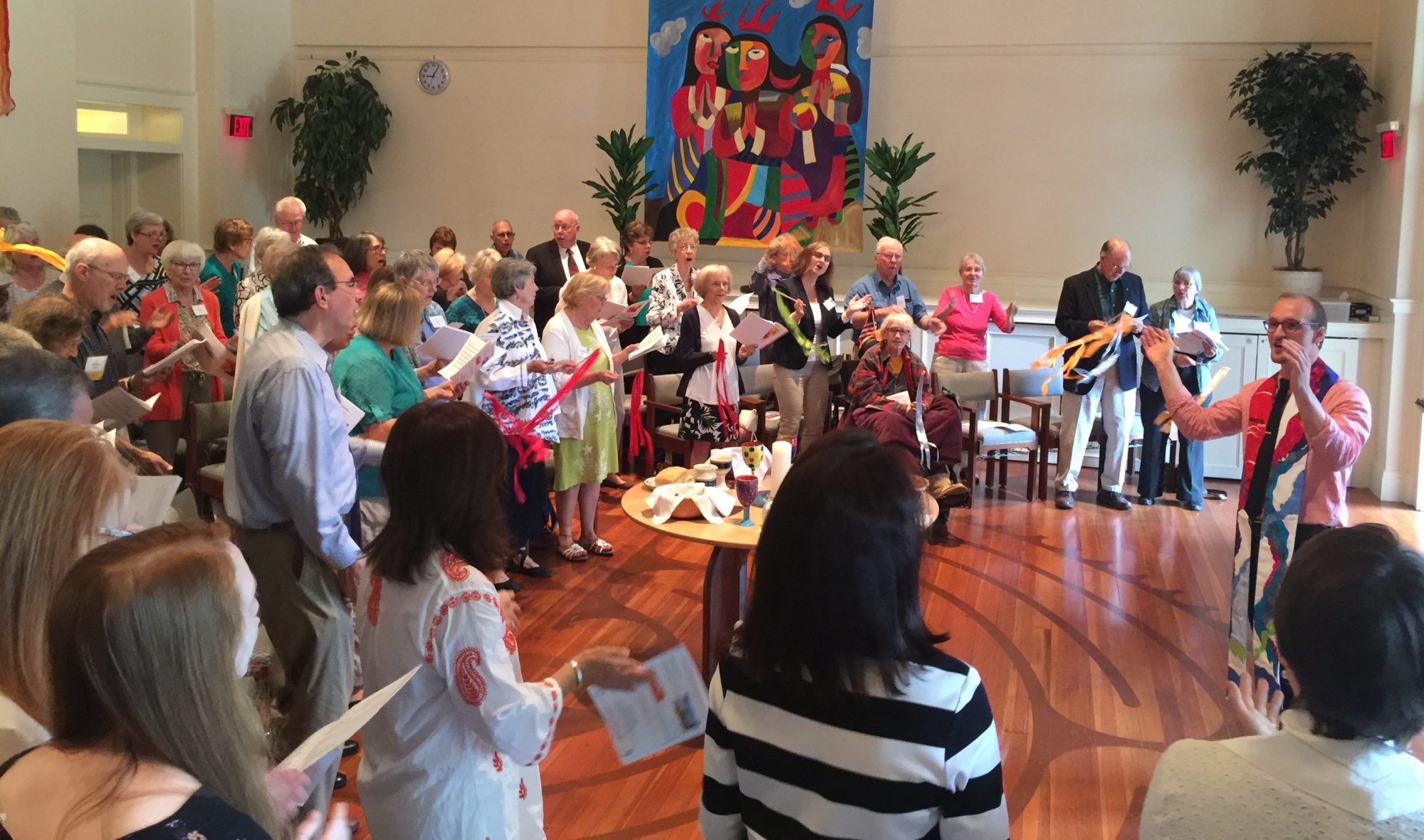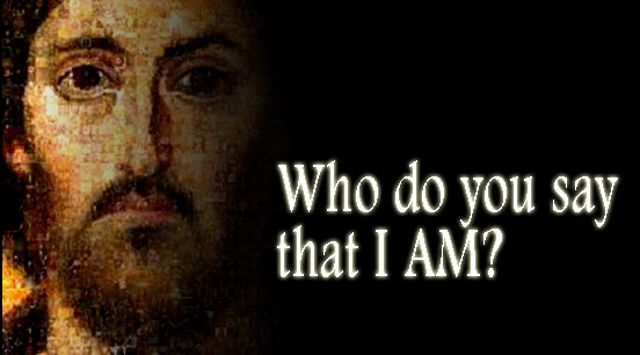Who Do You Say That I Am?: Jesus and the Parable of the Prodigal Son
As I turn to Scripture, I am drawn to the paradox of Jesus: he is present among the masses and withdraws to pray alone in the mountains. His parables are simple yet cryptic. He is gentle and tells us his yoke is light, yet in a fury he flips the tables of the corrupt Temple moneychangers and tells his followers they must also bear the cross. He is the heavenly Son of Man and the son of an unwed peasant girl who together became political refugees as they fled state violence. Jesus sits at the right hand of God and is accused of being a glutton and a drunkard, a friend of tax collectors and sinners. He is the Messiah, King, and Savior of the World whose public ministry lasted no longer than three years before he was executed by Rome on charges of sedition. Jesus is an inexhaustible and category-breaking Mystery. Like my relationship with Scripture, I often find myself wrestling with and being challenged by him, as well as being comforted and sustained.
As much as this Jesus has come to me in my church communities, he has also faced me as a Palestinian living under occupation in the Holy Land and a Hindu family in rural Nepal; Jesus has called to me in David, a man I’ve mentored in prison, and the men and women I served at a homeless shelter in Boston; Jesus has challenged and inspired me through Huda, Mike and Levi. This living Christ faces me every day, luring me ever deeper into God, the world and myself—with all the attending brokenness and joy, heartache and healing balm. This is the Jesus who saves; in Him is our faith; in Her is our hope; in our response to Them is our love displayed.
Recently, I have been thinking about Jesus through the lens of his Parable of the Prodigal Son (Lk. 15). Many sermons on this parable proclaim the father’s radical love for his “wastefully extravagant” (i.e. prodigal) son as an image of God’s love for all of his sinful people. Indeed, some have even re-dubbed it the parable of the “prodigal God,” shifting emphasis from the son’s dissolute living to the father’s “wastefully extravagant” love. As I read it again, however, I am drawn to an interpretation of Jesus as the prodigal son—the one who wanders off in impure living among prostitutes and other notorious sinners—and the father as the one whom we are invited to be. I don’t reject the former interpretations. I believe they convey an important part of Jesus’ gospel proclamation: God so loves the world! No matter what we have done, God is waiting for us to come home and even runs to us with open arms while we are still far off. This message’s staying power is a testament itself to our need to hear it.
However, there’s another part to Jesus’ ministry and message. He not only says that we are welcomed and loved—that the “most” detested, broken and sinful among us are honored guests at his table; he invites us to likewise welcome such as honored guests. In fact, in the chapter before this parable (Lk. 14), Jesus offers several “tips” for hosting banquets. Namely, don’t invite your friends, family, or rich neighbors because they can re-pay you. Instead, invite “the poor, the crippled, the lame and the blind.” Jesus emphatically repeats this exact phrase in the following parable, The Parable of the Great Dinner, which is then followed by that costly call to discipleship: “whoever does not carry the cross and follow me cannot be my disciple” (14:27).
This is the narrative context in which the Parable of the Prodigal Son is situated. So, what if Jesus is the prodigal? After all, the religious elite sought to delegitimize this “holy man” by calling him “a glutton and a drunkard, a friend of tax collectors and sinners” (Lk. 7:34; Matt. 11:19); surely a righteous prophet should not mix company with the “wretched of the earth!” Jesus often upends our conventional wisdom. Recall his words in another famous parable:
“Lord, when was it that we saw you hungry and gave you food, or thirsty and gave you something to drink? And when was it that we saw you a stranger and welcomed you, or naked and gave you clothing? And when was it that we saw you sick or in prison and visited you?” “Truly I tell you,” Jesus replied, “just as you did it to one of the least of these who are members of my family, you did it to me.” (Mt. 25)
Jesus comes to us again and again ever enfleshed in those before us, and we—you, me, the church—are invited to be like the father. We are not only offered extravagant love and mercy; we are also called to offer extravagant love and mercy to others. Indeed, in welcoming the prodigal Jesus, we celebrate and join him in the lavish sharing of the Father’s wealth. There is more than enough!

